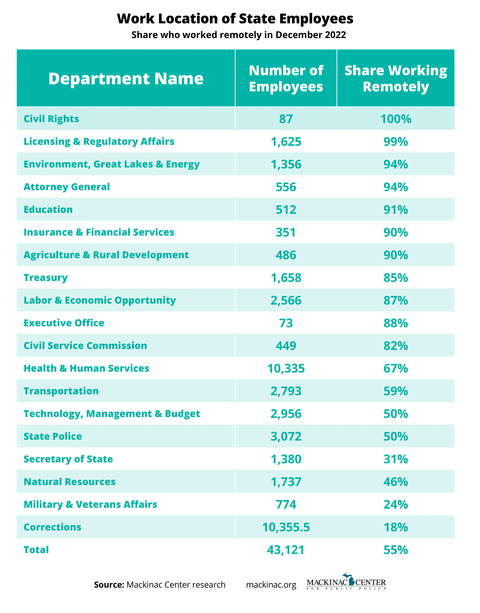Michigan school employee: Stop using genders at historical school
Employee says using boy, girl distinctions is harmful
A Michigan school district employee told volunteers at an 1867 historical school building near Ann Arbor that serves as a living museum for elementary children to stop using the terms “boy” and “girl.”
Kara Davis, executive director of teaching and learning at the Saline Area School District, told staff at the Weber Blaess one-room school that using gender terms is a harmful practice.
“I am reaching out because I have received feedback that the docents and/or school masters are using binary/gendered language (‘boy’/‘girl’) to orient students in Weber Blaess activities,” Davis said in the May 16 email obtained by CapCon. “I am confident that all volunteers want to create the best experience possible and would never intentionally exclude students. I also recognize that there is historical accuracy to this practice, however I want to ensure we aren’t replicating harmful practices on students of today to model what happened historically.”
The Saline Area Schools Historic Preservation Foundation operates the school building, which is staffed mostly by retirees who volunteer. The school was moved on June 19, 2002, from its original site in Lodi Township to Woodland Drive.
Volunteer docents and schoolmasters provide an experience of attending school from 1890 to 1950.
Davis advised staff to use the words “students,” “children,” and “visitors” rather than “boys" and “girls.”
“Docents can explain that teachers historically may have organized their students by ‘boy’/‘girl’ but should not actually employ it as a strategy,” Davis wrote.
The district hasn’t yet responded to a request for comment.
“SAS has been working diligently to reflect on embedded experiences through an equity lens and adjust where needed to be more inclusive of and responsive to diverse identities,” the email said. “This shift is a small but important one in order to continue working toward creating safe, inclusive spaces for all.”
For example, Davis suggested dividing students into groups by birth month instead of gender.
“If students need to be divided into groups, examples of doing so without causing harm to transgender and nonbinary students is ‘Students with birthdays from January to June on the right; students with birthdays from July to August line up on the left,’” Davis wrote.
Michigan’s Growing Together report found less than 33% of Michigan students are proficient in reading or math in the fourth and eighth grades, and grade-four reading proficiency for Black students in Michigan is at only 10%, lower than in any growing peer state.
Michigan Capitol Confidential is the news source produced by the Mackinac Center for Public Policy. Michigan Capitol Confidential reports with a free-market news perspective.


 Michigan pushes $762M pre-K expansion while K-12 performance declines
Michigan pushes $762M pre-K expansion while K-12 performance declines
 Michigan spends $6.9M advertising 'cost-free' pre-K
Michigan spends $6.9M advertising 'cost-free' pre-K
 School survey asks high schoolers about sex, drug habits
School survey asks high schoolers about sex, drug habits

